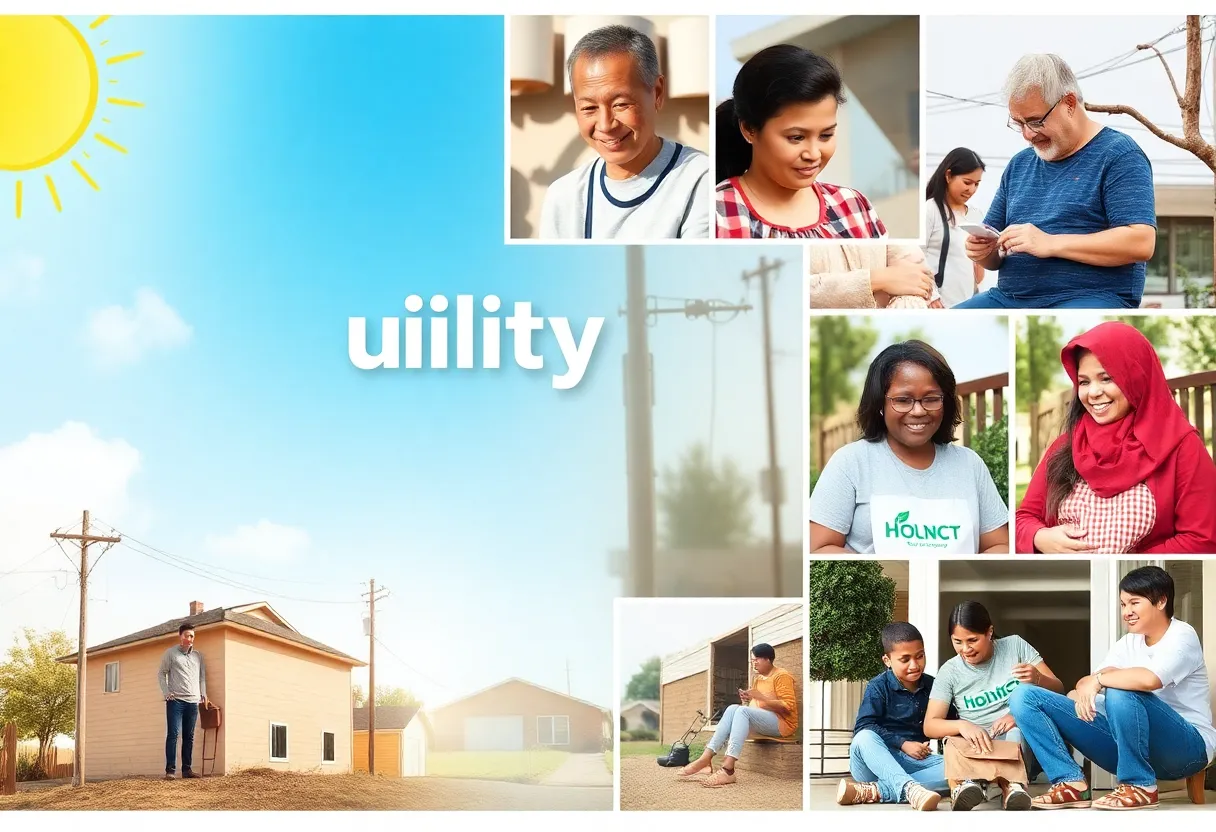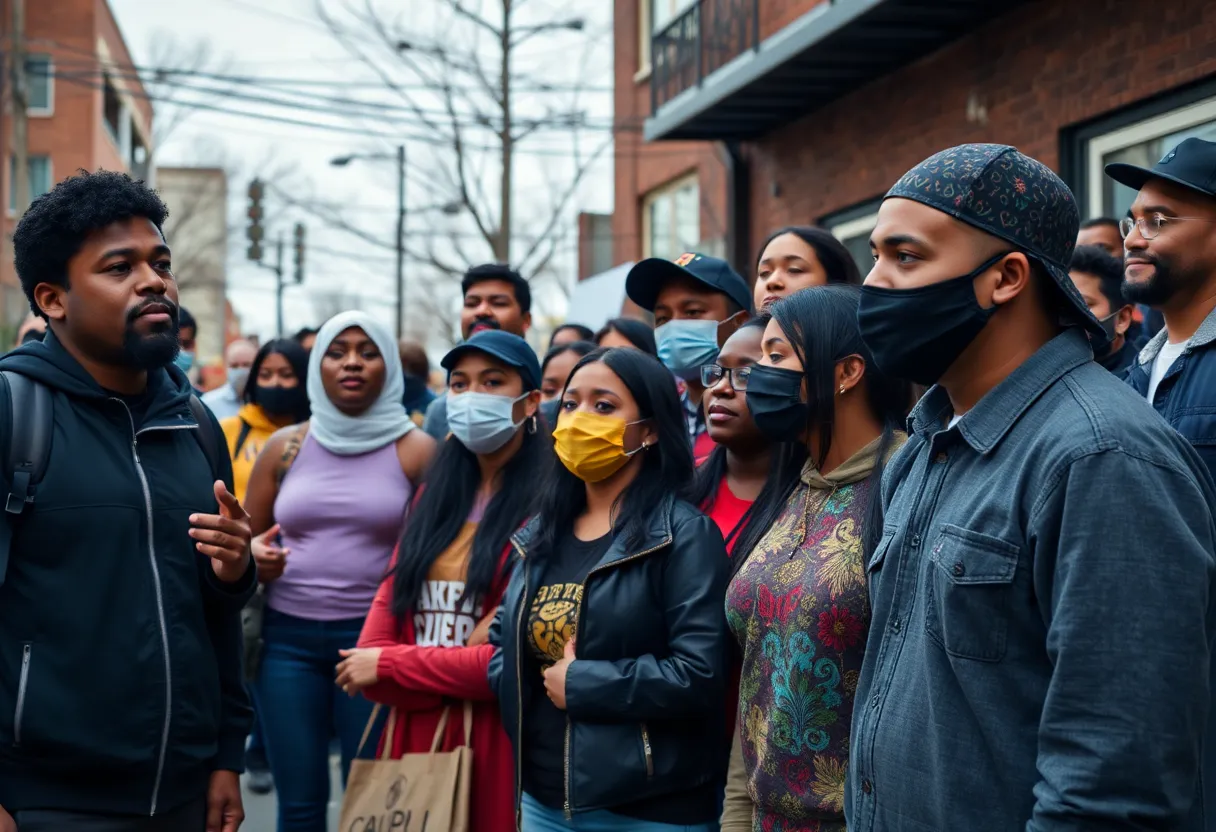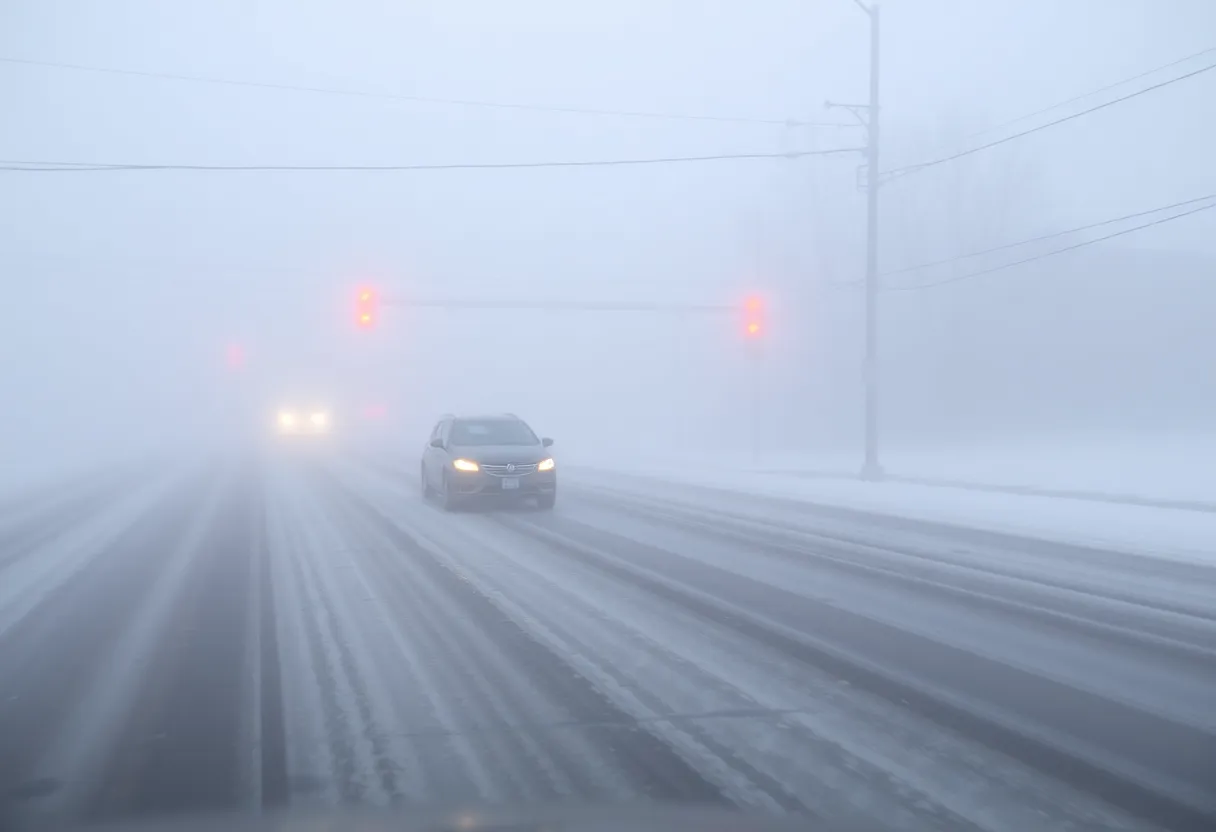News Summary
As temperatures soar in Memphis, residents are increasingly seeking utility assistance due to the combined effects of extreme heat and economic challenges. The Memphis Light, Gas, and Water Division (MLGW) has introduced several programs, including budget billing and payment plans, to help customers manage their utility costs. Community organizations are also stepping in to provide direct aid for those struggling to cover overdue bills. With available funding dwindling, many locals are urged to take advantage of these resources to alleviate their financial burdens during the summer months.
Memphis is witnessing a surge in demand for utility assistance programs as residents cope with extreme heat and ongoing economic struggles. The Memphis Light, Gas and Water Division (MLGW) has outlined several resources to support customers who are facing difficulties with their utility payments. The primary focus of these programs is to offer flexible payment options and education on energy usage, rather than directly reducing the amounts owed.
Residents can participate in a budget billing program, which helps to even out utility costs throughout the year, making it easier for households to manage their monthly expenses. For those behind on payments, MLGW encourages enrollment in payment plans that provide opportunities to catch up on overdue bills. However, these solutions are limited to adjusting payment timelines without affecting the principal amounts owed.
In addition to MLGW’s offerings, local community organizations are also stepping in to provide direct utility aid, aiming to alleviate overdue bills and help families avoid late fees. The Neighborhood Christian Centers, Inc. and the Tennessee Department of Human Services (DHS) are key players in this effort, targeting households with incomes below 130% of the federal poverty level. To qualify, residents must have received a shutoff notice from MLGW.
To access assistance through DHS, clients need to upload their shutoff notice via the DHS online portal or send it through mail to their Family Assistance Office. Alternatively, those not applying through DHS can reach out to the Neighborhood Christian Centers either online or in person. It is critical for applicants to check for availability, as funding for utility assistance can be limited at times.
The Metropolitan Inter-Faith Association (MIFA) provides further support by offering one-time utility assistance payments for eligible Shelby County residents facing a recent emergency expense or loss of income. MIFA takes requests through an online intake form, which caters to immediate needs by directly forwarding payments to MLGW for overdue amounts (excluding late fees or penalties).
In addition, the United Way Mid-South’s “Driving the Dream” program has created a network that connects residents to over 180 service providers, including those that assist with utility bills. Specialized programs also exist for specific demographics, such as the OUTLast program from OUTMemphis, which provides utility assistance for LGBTQ+ adults over 25. Assistance can reach up to $500 but requires recipients to attend consultation appointments.
Friends for All focuses on supporting Memphis residents living with HIV, offering utility assistance for up to 21 weeks, contingent upon maintaining a household income at or below 80% of the area median. Meanwhile, Hope House provides emergency financial assistance for individuals living with HIV, but it mandates prior referral from a case manager.
Despite these promising resources, the Shelby County Community Services Agency’s utility assistance programs, funded through the Low-Income Home Energy Assistance Program (LIHEAP), have already exhausted their funds as of May 2, reflecting the heightened demand for support during the sweltering summer months. Future federal funding for LIHEAP remains uncertain, with potential reductions announced that could impact thousands who rely on this program for assistance.
Applications for LIHEAP assistance must be mailed or delivered in person to the Shelby County Community Services Agency office, as online applications are not available. Individuals seeking emergency assistance must provide a shutoff notice along with validation of their financial status to qualify.
In response to the pressing need in the community, the City of Memphis and MLGW have allocated a total of $1 million for utility assistance, enabling customers with cutoff notices to potentially qualify for credits on their bills of up to $700. To be eligible for this support, households must demonstrate proof of hardship, including situations like job loss or medical disability.
Overall, various assistance programs are available to Memphis residents grappling with utility issues, aiming to provide substantial help during these challenging times. Families must ensure they meet qualifying requirements, including maintaining their income below 130% of federal poverty guidelines, to access the necessary resources.
Deeper Dive: News & Info About This Topic
HERE Resources
Concerns Grow Over Utility Assistance Cuts in Mid-South
University of Memphis Commits to American Athletic Conference Amidst College Sports Changes
Memphis Utility Billing Issues Significantly Improve, Bringing Relief to Residents
Additional Resources
- MLK50: MLGW Utility Assistance Programs
- Fox13 Memphis: Utility Help Runs Out
- Fox13 Memphis: Utility Assistance in Jeopardy
- Action News 5: Utility Assistance Fund Offering $700 Credit
- WREG: City of Memphis Offers Assistance
- Wikipedia: Utility Assistance Programs
- Google Search: Utility Assistance Programs Memphis
- Google Scholar: Utility Assistance Memphis
- Encyclopedia Britannica: Utility Assistance
- Google News: Memphis Utility Assistance

Author: STAFF HERE MEMPHIS WRITER
The MEMPHIS STAFF WRITER represents the experienced team at HEREMemphis.com, your go-to source for actionable local news and information in Memphis, Shelby County, and beyond. Specializing in "news you can use," we cover essential topics like product reviews for personal and business needs, local business directories, politics, real estate trends, neighborhood insights, and state news affecting the area—with deep expertise drawn from years of dedicated reporting and strong community input, including local press releases and business updates. We deliver top reporting on high-value events such as Beale Street Music Festival, Elvis Week, and Memphis in May International Festival. Our coverage extends to key organizations like the Greater Memphis Chamber and the Memphis Convention & Visitors Bureau, plus leading businesses in logistics, healthcare, and music that power the local economy such as FedEx, St. Jude Children's Research Hospital, and AutoZone. As part of the broader HERE network, including HEREBristol.com, HEREChattanooga.com, HEREKnoxville.com, and HERENashville.com, we provide comprehensive, credible insights into Tennessee's dynamic landscape.






